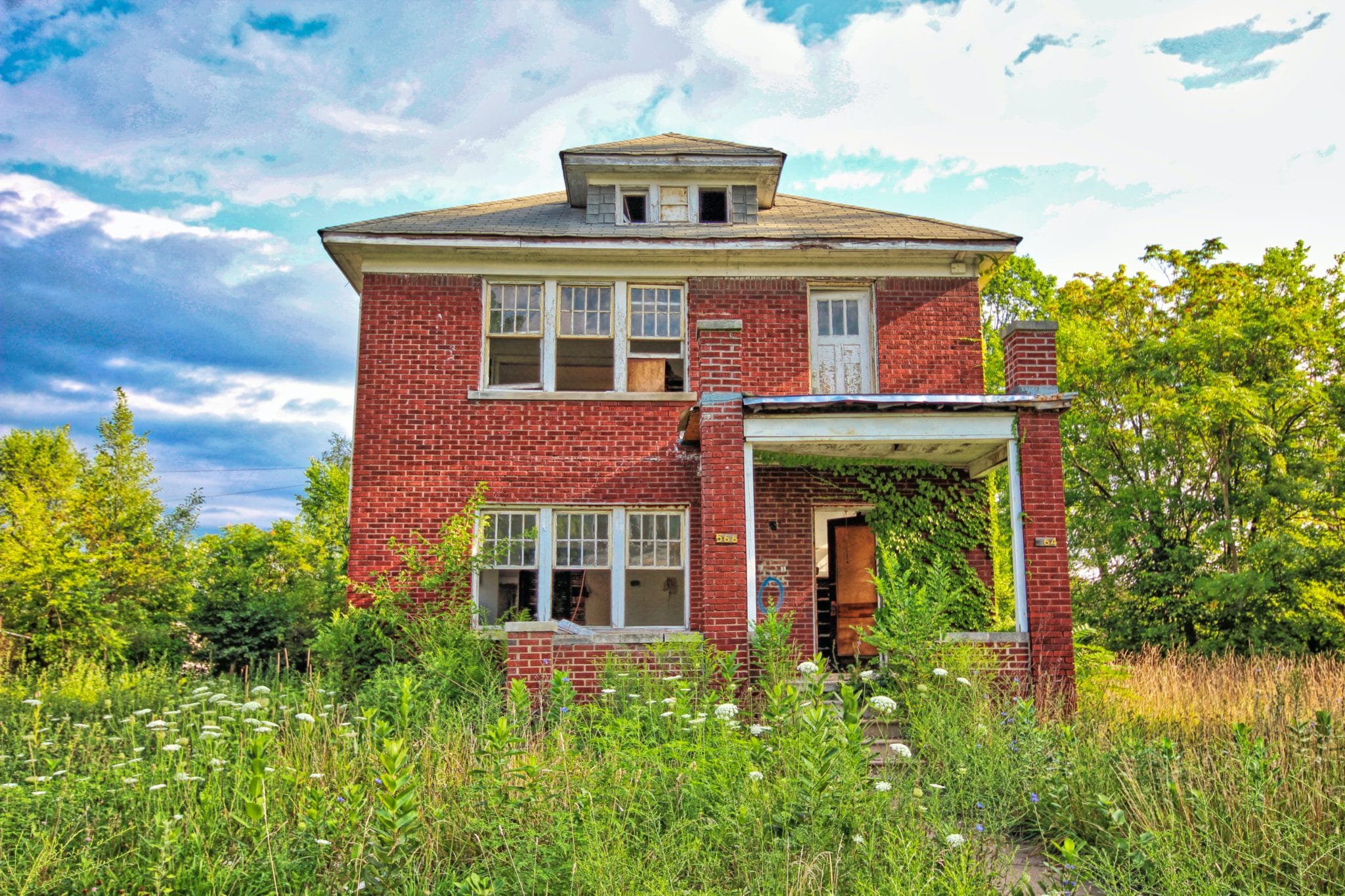
What Impact Will Coronavirus Have on Metro Detroit Property Prices

At the start of 2020, Metro Detroit’s real estate industry was performing well. Many investors were looking forward to the onset of the spring homebuying season, until coronavirus hit pause on everything.
According to Retail Wealth Network’s 2020 market research report, the Motor City has shown a year-on-year real estate market growth across a wide range of properties and price points. Home to burgeoning economic growth and substantial employment opportunities, Metro Detroit is one of the country’s more attractive markets currently. Investors can take advantage of strong rental income opportunities (with rent-to-price ratios of 1.18%, on average) and very affordable prices – 3-bedroom houses in the area are 61% lower than the national average. Yet, in light of the current pandemic, real estate investors have major questions about the short-term impact on property prices and rents.
A lot of sellers have temporarily removed homes from the market since the start of quarantine, but it remains to be seen if and/or when they will put their house back on the market. If the shutdown lasts for several more weeks or months, this could lead to a dip in prices in the short-term, but the upward trend of property values in fast-growing Metro Detroit cities should reestablish itself by the end of the year or early 2021.
According to Redfin, residential property values in the ring cities surrounding Detroit like Eastpointe, Warren, and Hazel Park increased by as much as 29% in the past year. This growth is due to the high demand for good-quality housing in these walkable, family-friendly communities amongst millennial buyers looking to be within commuting distance of Downtown Detroit. Ford’s announcement in 2018 that they would build a new transportation innovation hub for their line of autonomous vehicles at the Michigan Central Train Depot made prices for commercial and residential property in Corktown and the surrounding areas soar, and the effects are also being felt in areas which are easily-accessible to the planned development.
This, coupled with an already-limited inventory of good housing stock in these up-and-coming markets, means that even if prices dip in the short term, they will continue to grow in the long term with economic recovery. So the current economic uncertainty could actually provide a good opportunity for investors to find a bargain on a home in one of these high-growth areas.
In the City of Detroit’s low-income neighborhoods, which are still affected by large numbers of blighted properties and vacant lots suppressing values, the economic strain caused by the shutdown could exacerbate the problem. If homeowners struggle to pay their bills or risk going into tax foreclosure, vacancy rates could rise even further, but considering that property values in these areas are already at historic lows, it’s unlikely that they will fall much further in the future. Landlords will also be hit particularly hard if the lockdown is extended, as many are already receiving reduced rental income from tenants who are unable to work during the crisis.
Ultimately, coronavirus’ impact on Metro Detroit’s property prices will only be temporary. Values have yet to be significantly affected, but even if they do dip over the next few months, the real estate market will recover as more people return to work and businesses reopen. This will mean that peak selling season in 2020 may be pushed to late summer or even spring of next year, but the cycle should return to normal in 2021, with prices and sales volumes at their lowest in winter and peaking in summer.
Image Courtesy of Daniel Tuttle